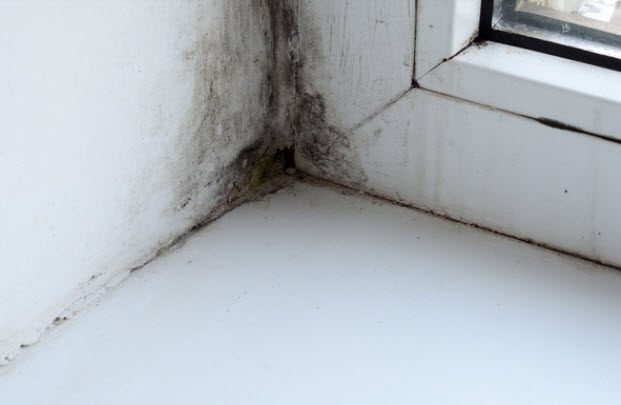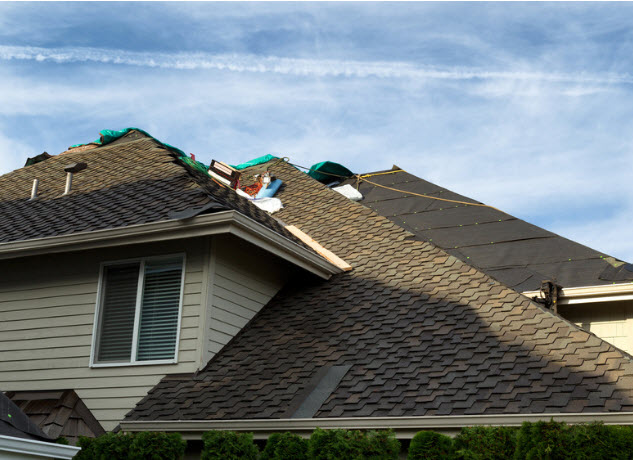Inspecto-Pro’s Winter Home Tips
No season puts more wear and tear on a home than winter. Freezing temperatures, snow and ice take their toll on your home. Many problems can be avoided with this simple checklist provided by Allan White of Inspecto-Pro, Home Inspections.
Some easy things to look for:
- Keep basement windows clear of ice and snow obstructions. If the worst happens, these windows may be your only escape route to the outdoors.
- Make sure that runoff from melting ice and snow has somewhere to go once the thaw period arrives; ideally a catch basin or storm drain
- The pattern of melting snow and ice on the roof surface can be a good indicator of areas of heat loss. No expensive infrared camera needed!
- Verify against the formation of ice dams and icicles. Although they may look pretty, they are indicators of attic ventilation problems and heat loss problems. Needless to say, a falling icicle, if large enough, can cause a lot of damage to property or people below.
- Check the eavestroughs (“gutters”) for physical damage which might have been caused by winter ice dam and icicle formation.
- Check for cold air draughts around the home, and mark them so that you can take appropriate measures to correct the problems. Unfortunately, some repairs (such as caulking) can only be applied in warmer weather, and without marking the draughty spots you may not remember where they were when attempting repairs several months later.
- If you have thermopane-glazed windows and see condensation or frost between the inner and outer panes (not always obvious in the summer months), the glass is due for replacement.
- If you can wipe condensation off the indoor side of the windows, you are over-humidifying the home
- Batteries for smoke detectors and fire detectors should be replaced annually (i.e. Jan 1st or July 1st). Operation of these devices should be tested monthly.
- Be sure that your home’s drainage system is functioning. If you have a sump pump, make sure it is capable of functioning in advance of the thaw period
- If you have a combustion furnace (i.e. oil or gas) or a combustion hot water tank you should have a functioning CO detector in the home.
- If you have an air exchanger, it should be in use (i.e. winter mode). The same for the central humidifier, if you have one.
- Be sure that potable water piping is not at risk of freezing and bursting
- Garden hose faucets, if not of the self-draining type, should be fully opened outdoors, with the indoor shutoff valve being turned fully off, if not already accomplished.
With an Engineering degree, this 25-year certified building inspector (independent of real estate agents) can inspect your property before a purchase or sale of a house or when you need an inspection for a problem.
Home buyers should choose a home inspector with as much care as they choose a doctor, particularly since there is no regulation, either federal or provincial, which governs the industry. Contrary to popular belief, home inspectors are not members of a professional order, and anyone (even you!) can call themselves a building inspector.
Your house is the biggest investment you will ever make so you want to get a most qualified person. With Inspecto-Pro’s years of expertise, White can find what less experienced inspectors would not identify; He has experience in looking for small clues which might lead to big problems. Inspecto-Pro conducts home inspections in the Greater Montreal area and in cottage country too.
Phone: 514-696-6685
inspectopro.com

